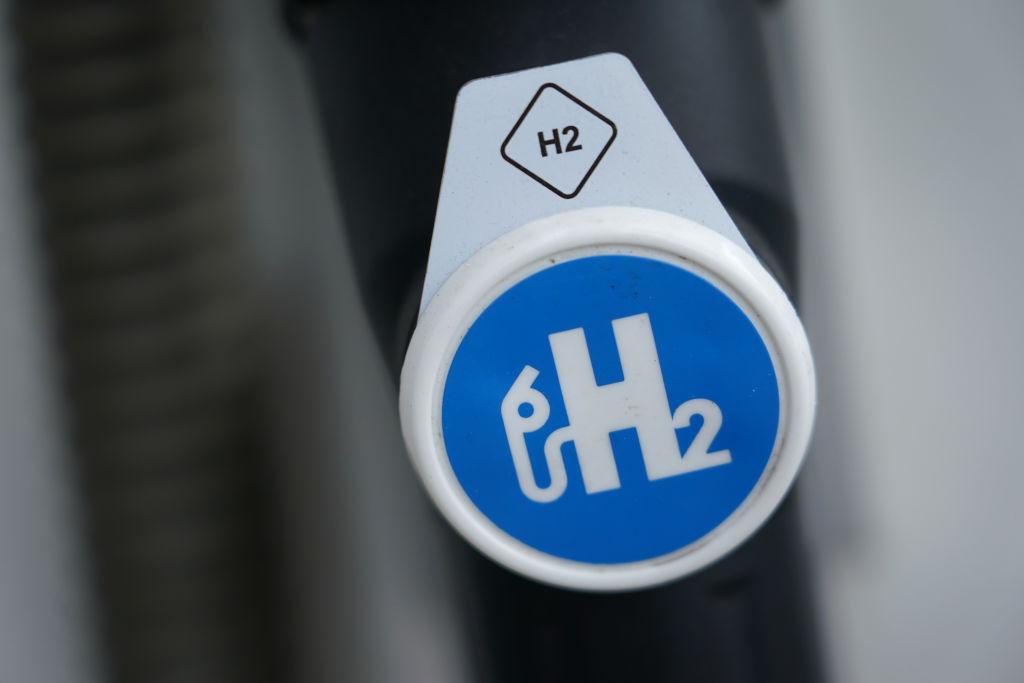Researchers at the University of New South Wales in Sydney have successfully retrofitted a diesel engine to run as a hydrogen-diesel hybrid, cutting down C02 emissions by around 85 percent.
The move comes as part of a wider push for governments to electrify their nation’s transport networks as part of the net-zero movement.





